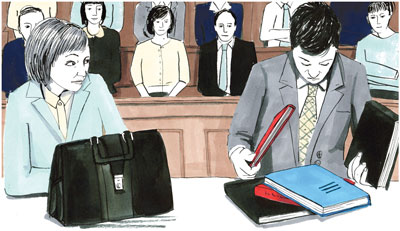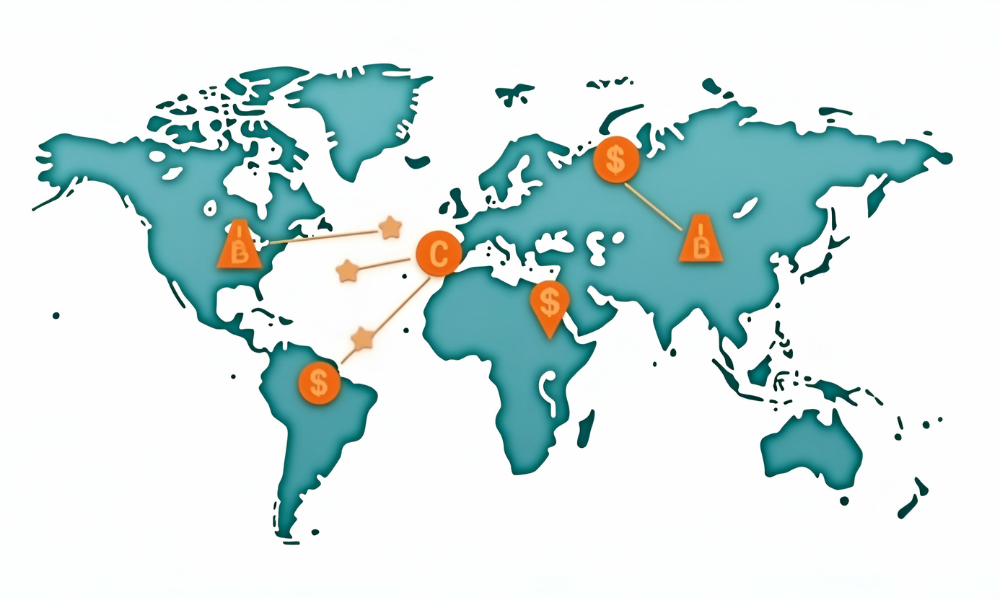Should legal education focus on the consumers we serve? Of course it should
Lawyers are faced with change on a scale and pace rarely seen in history. Our laws are not keeping up with societal changes. Consumers are served by a legal system that is slow, complex and expensive – with many denied its benefits – and they increasingly demand services that respond to their own schedule and price.
Lawyers talk a lot about meeting these challenges, but results are hard to see. Maybe this isn’t surprising, though. If we educate people with the same decades-old approach and then hire them valuing success in that approach, should we expect different results? Real change must start with education.
Some law school and transition year initiatives are already underway, but if consumer and societal benefit were to be the focus of legal education, so much more could be done.
We should start, for instance, by integrating academic theory with real-life expertise about what happens in practice. Most cases are never tried, let alone appealed. Students must understand the issues around time, cost, relevance, and the relationships and power imbalances that shape results in practice. The age-old debate between practice and theory, and the purpose of law school, misses the point: each is enriched by the other.
Context also counts. We learn law as though it were a solitary pursuit, but the legal issue may be only one part of the problem. Life evolves in a multi-disciplinary world, where teams of professionals fashion a solution. Successful teamwork is learned.
Second, we have to understand that technology changes everything. We are in the midst of a digital revolution, but our legal system still loves paper and all the formal procedure. Technology compresses time and distance, and diminishes the importance of jurisdictional boundaries. And if you think professional self-regulation will protect you, forget it! Jurisdiction is an issue for lawyers, but consumers are rarely bothered by it. Technology enables our consumers to reach around the world for what they want, and they do.
What happens when artificial intelligence moves from future possibility to present fact, when ROSS is your colleague? Or when lawyers become global advisors? Does core education change? … I know, many legal experts have promised ROSS won’t replace lawyers. And maybe it won’t. But when Steve Jobs first walked the stage with the iPhone in 2007, he led a computer company, not a phone company. The future is now.

Third, we must be aware that consumers will get what they want. You doubt it? Consider the music, film and broadcasting industries that have been remade because consumers decided to flout legal protections. The taxi industry is coming to realize that rules and regulations are often meaningless. Legal systems work because most people respect them most of the time, in part because they see the value. Today, the digital revolution has both enabled and empowered consumers to rewrite the law.
Lawyers may be fascinated by the journey, but consumers want answers and don’t have the patience for process. If we’re asking consumers to slow to our glacial, other-century pace, that simply will not happen. Those who can avoid the courts and process do. (Look at the explosion of ADR.) The rest are demanding more. We study a system that is used less and less by those we serve.
Finally, we must recognize that change is today’s constant. Our profession is very traditional, and we love our traditions. To break the momentum of inertia, we must prepare lawyers to innovate, beginning with their legal education.ers want answers and don’t have the patience for process. If we’re asking consumers to slow to our glacial, other-century pace, that simply will not happen. Those who can avoid the courts and process do. (Look at the explosion of ADR.) The rest are demanding more. We study a system that is used less and less by those we serve.
Society has evolved substantially over the past several decades, but our approach to meeting legal needs has not. Our profession needs to accelerate and innovate to meet legal needs in the 21st century. Let’s start with legal education.
Chris Bentley is Ontario’s former attorney general and executive director of Ryerson University’s Law Practice Program.





